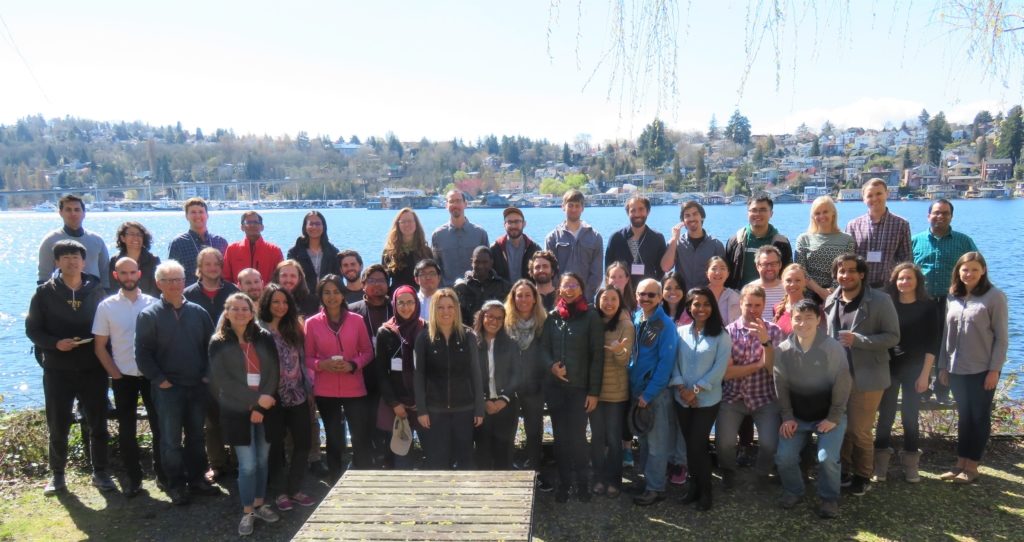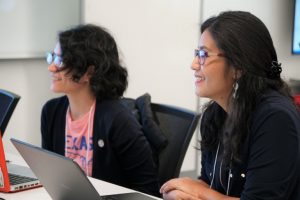The Climate Impacts Group (CIG) at the University of Washington is hiring! Keep your eyes peeled for multiple opportunities to join our team in the coming weeks and months.
Our first need is for a physical scientist to join our team of professional researchers devoted to use-inspired research. We are looking for a person with strong technical skills in manipulating climate model data, interpreting hydrological and meteorological data, and physical process modelling. This position is intended to support the CIG’s senior research staff in work coproduced with our local, state, federal and tribal partners. The CIG is a fast-paced, dynamic, and deadline driven environment, which requires the research scientist to bring strong organizational and project management skills as well as problem-solving and priority-setting abilities.
While we are open to applicants with at least 2 years of experience and a B.S. in computer science, mathematics, engineering, earth sciences or a related field, we would prefer a candidate with more experience (Master’s or PhD). This is a full-time staff scientist research position with no teaching expectations and no path to University tenure. For more details and to apply, go to this link.
Contact: Jason Vogel, jmvogel@uw.edu








